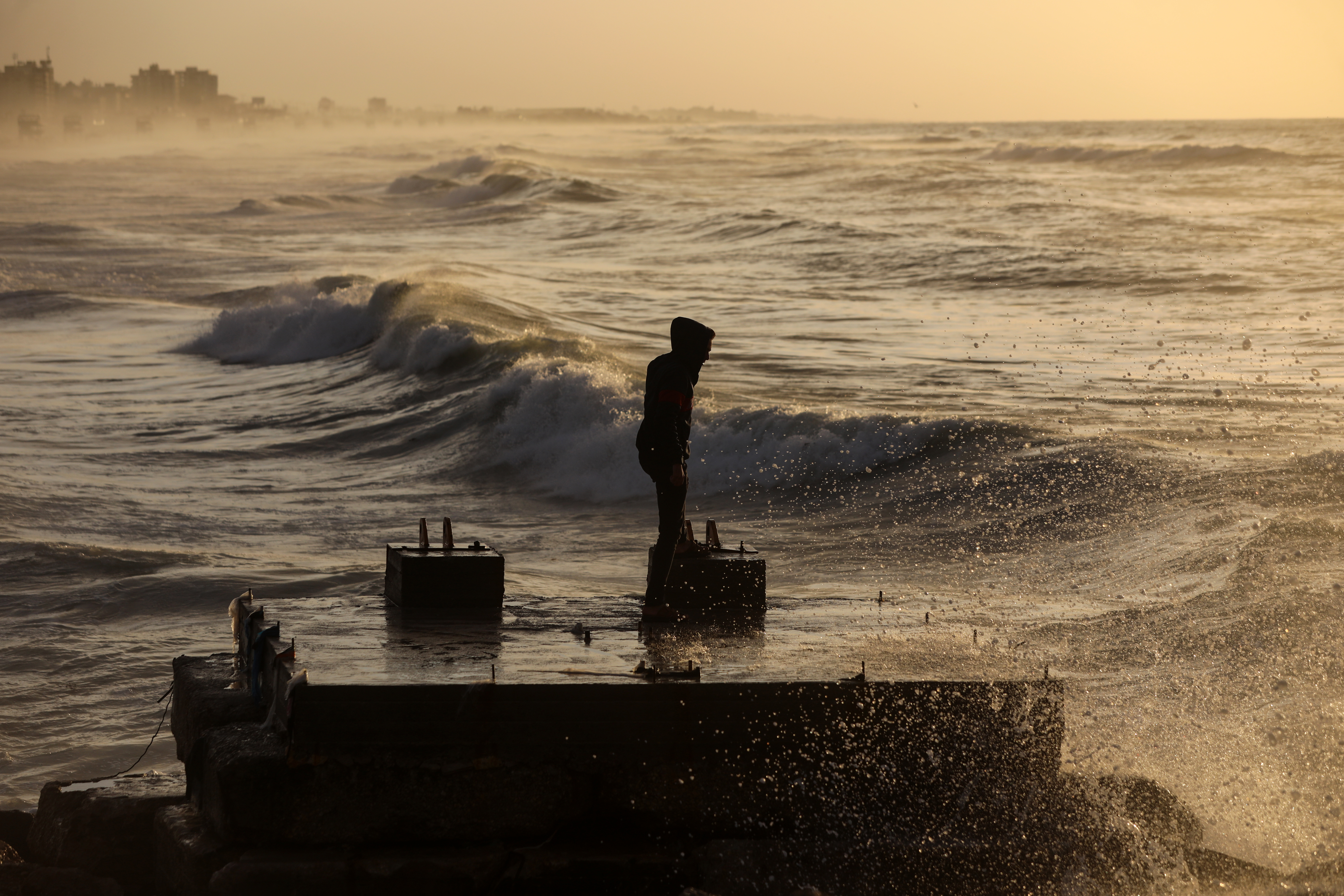Home to more than 0.5 billion people, the Mediterranean region is warming 20% faster than the global average. Consequently, the projected impacts of climate change in this region include further aridity and drought, frequent wildfires, and significant sea level rise. Additionally, hotspots of climate migration may appear as early as 2030, as both coastal and inland communities are facing additional pressure on food security. Historically, the Mediterranean region is also home to multilayered spheres of influence, driven by numerous economic, political, and military dimensions.
As climate change will exacerbate existing tensions, the overall regional security is at risk. NATO is becoming an increasingly relevant actor in the Mediterranean in supporting climate change mitigation, as well as in aiding through disaster relief. The panel aims to identify the current drivers of climate change effects, to anticipate regional security risks for the decades to come, as well as to define mitigation strategies for the Mediterranean region.
Speakers:
Ali Ahmad
Research fellow, John F. Kennedy School of Government, Harvard University; senior consultant, World Bank
Andrei Covatariu
2020 Fellow, Frontier Europe Initiative, MEI; energy and climate change expert
Iulia Joja
Senior fellow, Frontier Europe Initiative; project director, Afghanistan Watch, MEI
Mohammed Mahmoud
Senior fellow and director, Climate and Water Program, MEI
Brian Katulis, moderator
Vice President for Policy and senior fellow, MEI
Photo by Majdi Fathi/NurPhoto via Getty Images












